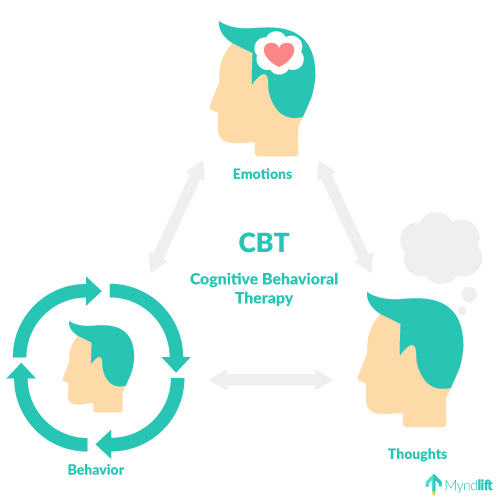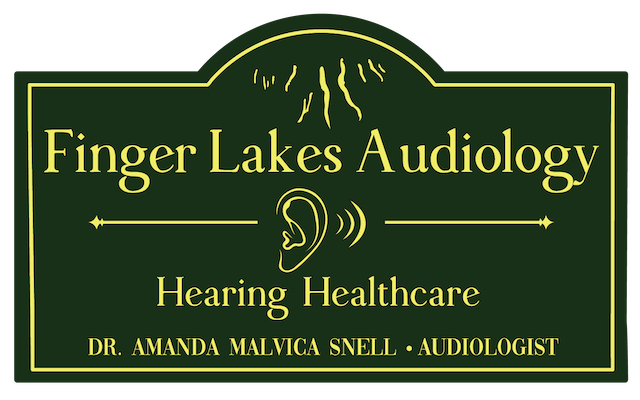Tinnitus Overview
What is Tinnitus?
Tinnitus is the perception of noise without an actual, sound-producing source, also defined as phantom noise. The nature of the observed noise varies from person to person, but has been defined as ringing, buzzing, roaring, grinding, or as the noise created by crickets or cicadas, air, or the rapid release of steam.
It is usually classified as either subjective or objective. In at least 95% of cases, tinnitus is subjective — the noise can only be heard by the person experiencing them. Objective tinnitus occurs when the perception of sounds is produced by sources within the body that are communicated to the ear and can sometimes even be audible.
What Are The Causes of Tinnitus?
Tinnitus is a symptom, not a disease. Inner ear damage is a frequent cause of tinnitus. In your inner ear, small, fragile hairs move with the force of sound waves from the outside environment. The movement causes the cells in your ear to give off an electrical signal. The signal moves from your ear, through your auditory nerve, and into your brain to be processed as sound.
If the hair cells within your inner ear are damaged, they can trigger erratic electrical impulses to your brain, and this is what causes those sounds we know as tinnitus. Some of the ear disorders that can contribute to tinnitus include excessive noise exposure, age-related hearing loss and earwax build-up.
It is not just ear issues that can contribute to tinnitus. Others might include:

How Can I Treat My Tinnitus?

Hearing Aids

Sound Therapy

Cognitive Behavioral Therapy (CBT)

Mindfulness
Tinnitus treatment can be very tailored.
There is no one method that works for all people who suffer from tinnitus. Also, most people find relief from using a combination of the above treatments. Only by trying each one will you know which set of treatments will work best for you.
In most scenarios, a hearing test performed by an audiologist is a vital part of a tinnitus diagnosis. Reviewing your medical history with a trained audiologist and taking a comprehensive physical exam of the ear can help provide valuable information as to the origin of your tinnitus. If the diagnosis indicates a root cause, the treatment for this condition can also relieve tinnitus.
If you’re looking to treat your tinnitus, contact us today to set up an appointment. We understand what you’re going through and want to make sure you get all the help you need.
